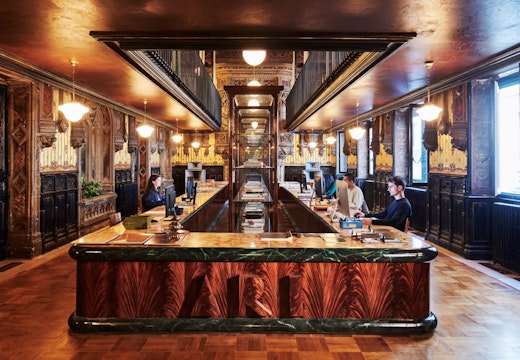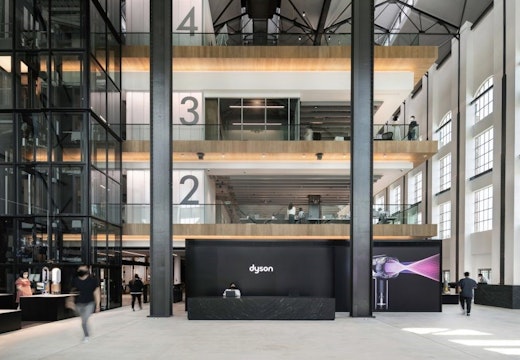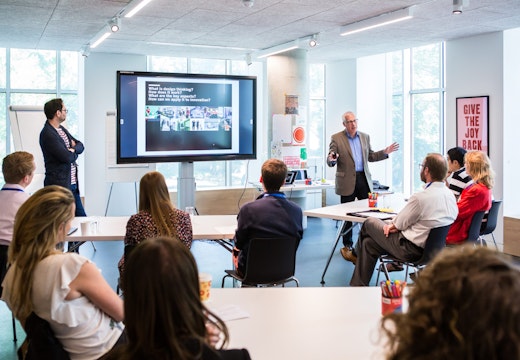Gallic chic: is this the most beautiful office in the world?
As more companies mandate their people back to the office, a French creative agency shows how to make a more compelling offer to employees with a stunning restoration of a 19th century ballroom
The Great Refurb: why office remodelling is on the agenda
As more organisations set about redesigning their workplaces for the hybrid era, what are the key themes that are driving attention and investment?
Beyond accessibility: what’s next for the inclusive Danish workplace?
A new report from Design Denmark takes a deep dive into the future of work and outlines key themes which will become crucial to developing a more sensory and sustainable workplace
Will next-level Nordic intentions turn to action in the workplace?
Large firms in four Scandinavian countries announced plans to remodel their workplaces in 2023, according to a survey by facilities company Coor. Will they now make good on those promises?
Question of focus: how can office design address new priorities?
What’s holding people back from returning to the office? New U.S data tracked by global design firm Gensler explores how employee priorities are changing in favour of supporting individual work
Six rules for productivity from a polarising titan of business
In this report, we look at practical tips on performance from Elon Musk, one of the most controversial leaders of our age – and at the spectacular refurbishment of James Dyson’s Singapore HQ
Six things we learnt from the Healthy City Design Congress 2022
Changing patterns of work are set to have a huge impact on making urban life more liveable and more sustainable, as experts at an annual congress on creating the healthy city explained
Creative masterclass 2023: plan the future of work with RCA
As workplace professionals face a crunch time on making hybrid work happen, WORKTECH Academy has again teamed up with the Royal College of Art to create an online learning experience centred on creative and design thinking












